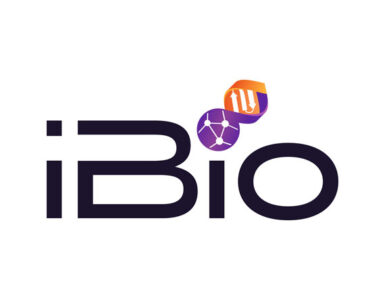
iBio (NYSEA:IBIO) and the University of Texas Southwestern Medical Center entered into a research collaboration to explore in solid tumors the anti-cancer potential of the molecule that is part of the IBIO-100 program.
Through a series of planned in vitro and in vivo studies, the collaboration will evaluate the potential of the anti-fibrotic effects of iBio’s endostatin E4 molecule to improve the efficacy of concomitant treatments, such as chemotherapy and immunotherapy, in cancer models with a fibrotic component. The iBio is currently developing endostatin E4 as IBIO-100 for fibrotic diseases.
Among all the stromal cells that present in the tumor microenvironment, cancer-associated fibroblasts (CAFs) are one of the most abundant and critical components of tumor tissue, which provide physical support for tumor cells and can promote or retard tumorigenesis in a context-dependent manner.
CAFs are also involved in the modulation of many components of the immune system, and recent studies have revealed their roles in immune evasion and poor responses to cancer immunotherapy. In addition, CAF response to chemotherapy is highly variable.
“IBIO-100 has shown strong therapeutic potential in preclinical models of two major fibrotic diseases, systemic scleroderma and idiopathic pulmonary fibrosis, and we look forward to exploring these same potentially transformative benefits in the treatment of solid tumors,” Tom Isett, chairman and CEO of iBio, said in a statement.
iBio CSO, Martin Brenner, Ph.D., said that through many years of research, we have come to understand that an overabundant fibrotic tumor microenvironment is associated with poor cancer treatment outcomes. “We have also learned that destruction of CAFs can lead to worse prognosis, not better,” he added.
“We believe that our endostatin E4 molecule has the potential to normalize fibrosis without the detrimental effects of CAF destruction, thereby improving responses to current standard of care treatments such as chemotherapy and immunotherapy,” Dr. Brenner said. “We look forward to exploring this potential with our partners at UT Southwestern.”





